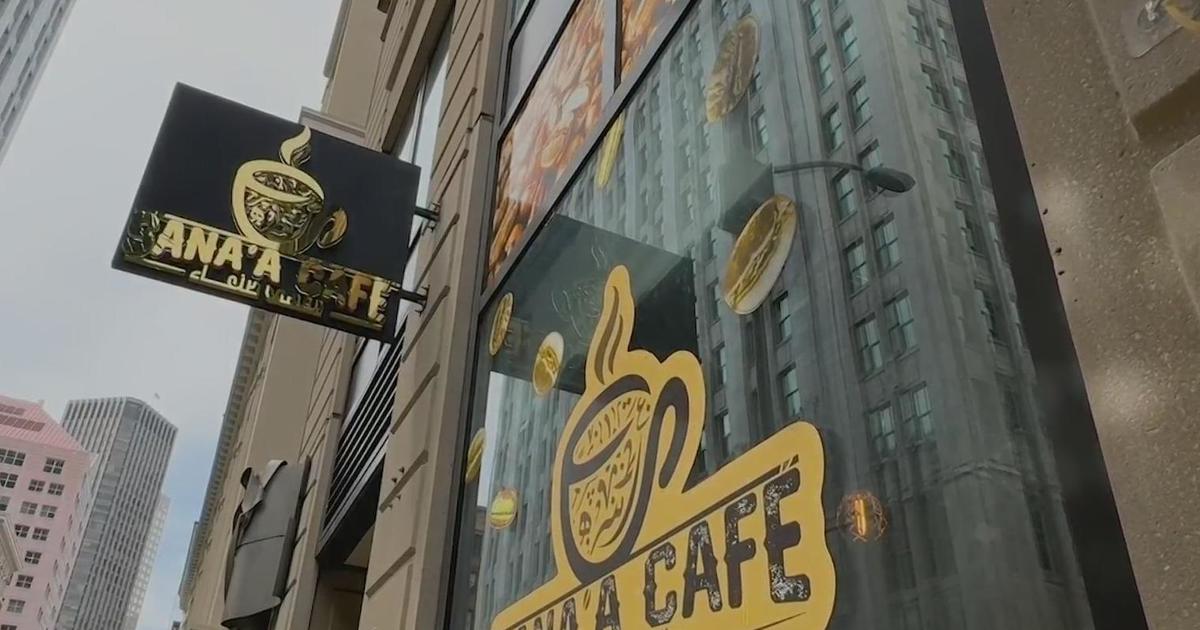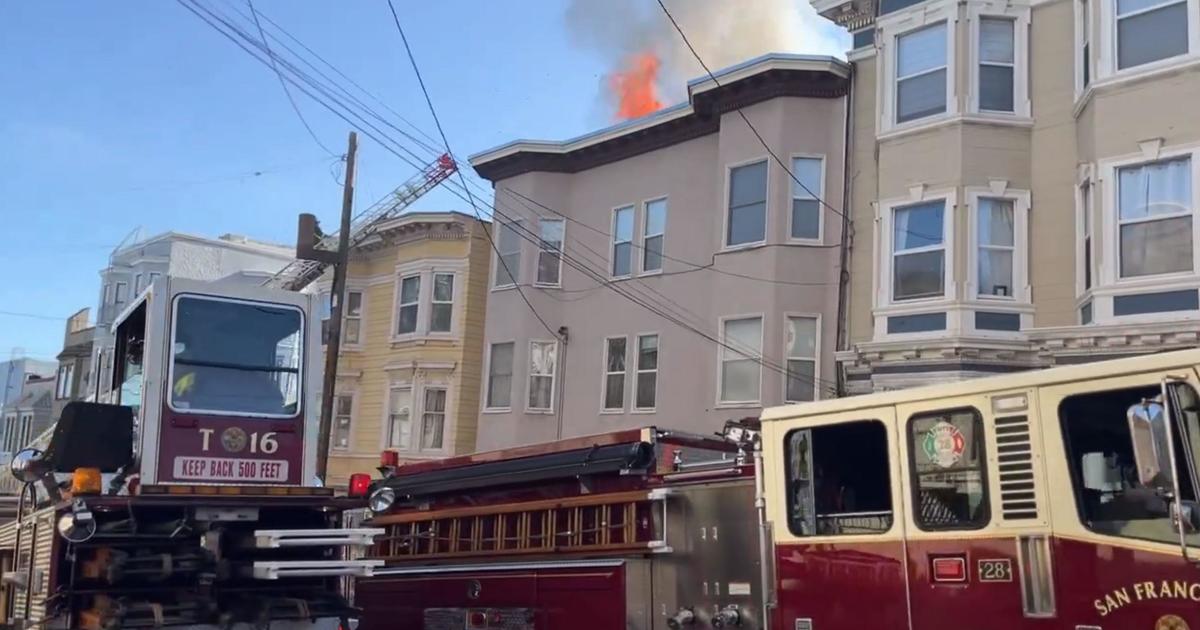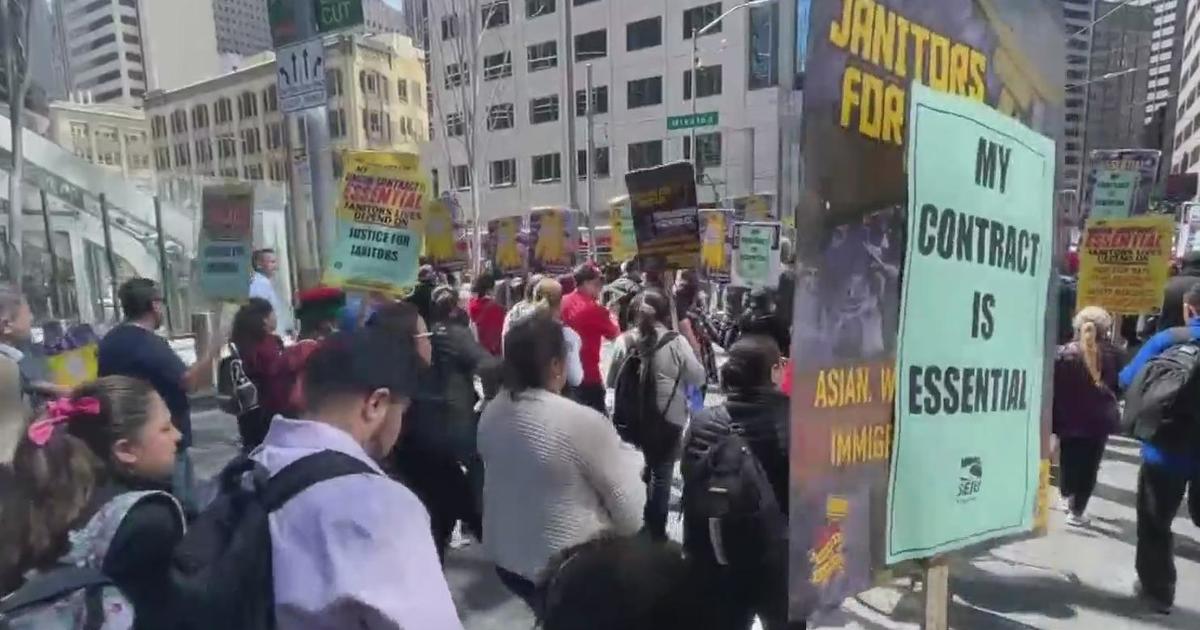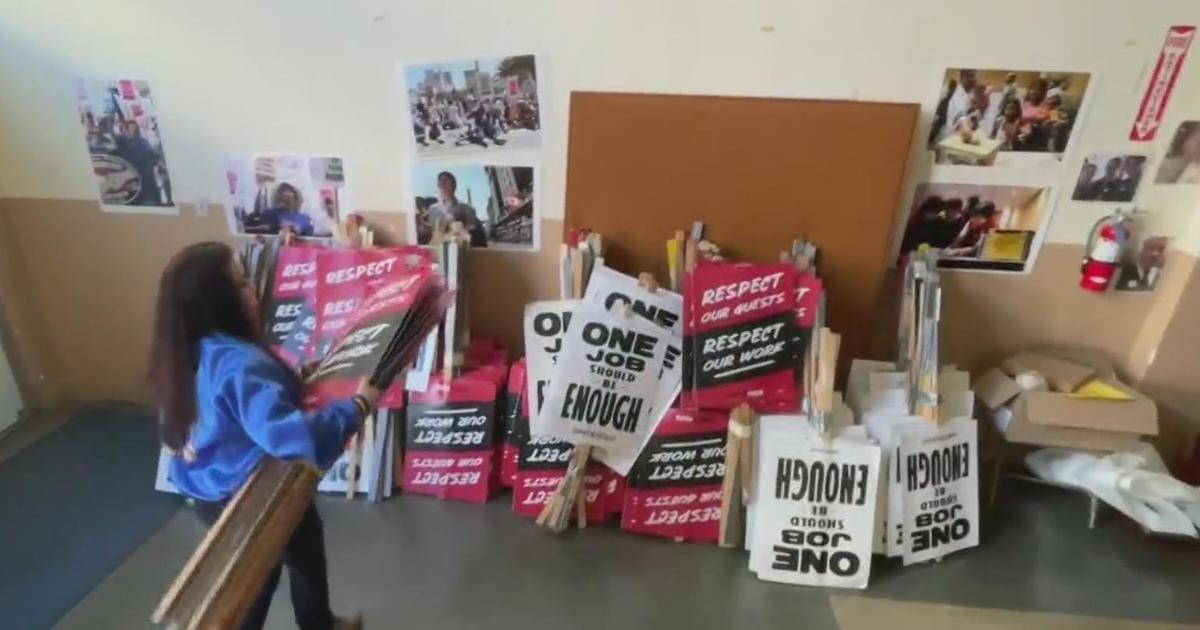San Francisco's 'Okay to Call' program to clarify when residents should call 911 or 311
SAN FRANCISCO — With the rise in fentanyl overdoses on San Francisco streets, the City is rolling out a public information program to help residents know when to call 911.
It's part of an effort to offer mental health and addiction response without involving law enforcement.
Spend time in the Tenderloin and it's easy to become desensitized to seeing people passed out on the sidewalk. Most people just mind their business and continue walking, but even if someone wanted to help, it's hard to know what to do.
"If more of us are conscious about it and more of us feel like we're empowered and have some guidance on what we might do, then there might be more people responding to situations that could potentially be accidental overdose," said Michael Discepola, Glide's Director of Health Access.
His job is to try to keep people alive, but it's not always easy, considering the dangers of living on the street. But now the City is also looking for ways to get the public involved with keeping an eye out for medical emergencies.
Mary Ellen Carroll heads up the Department of Emergency Management.
Also Read: San Francisco to get $267M in settlement from companies accused of fueling opioid crisis
"People want to do the right thing, and they don't want to walk by people. They're just not always sure what is the right action to take," said Carroll.
So, beginning Tuesday, the City is rolling out its "OK To Call" campaign. Placards and videos will be posted online and around town explaining who to call with concerns. For public nuisance issues, like sidewalks being blocked by tents or trash, the City recommends calling the universal reporting site at 311.
But if someone appears to be having a mental crisis or suffering a major health problem, they say call 911.
"You see someone who seems to be in crisis or in need, people want to be able to do something," said Carroll. "But they're not sure, 'If I call 911, are the police going to come?'"
The answer is probably not. Carroll said the 911 dispatch system has been reconfigured and retrained to send the correct responders to the scene of a mental or health emergency.
The OK To Call campaign even introduces the individuals on the crisis response team. They hope that will ease people's fears that calling to help the homeless will just end up sending them to jail.
"I think supporting people to understand the difference between that is helpful," said Glide's Discepola. "Obviously, we don't want people to call the police just because someone is homeless on the sidewalk."
Not everyone agrees with that. Many feel the City's compassion for the homeless has gone too far. But no one wants to see people dying on the streets, and advocates said it will help if people feel it is OK to call.
"Programs like the ones we're talking about are safety net programs," said Discepola. "We need safety net programs so our communities don't die on the streets. So people, our friends, our loved ones, don't die on the streets."




